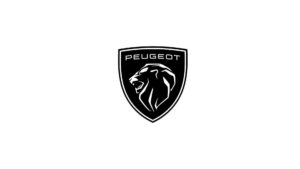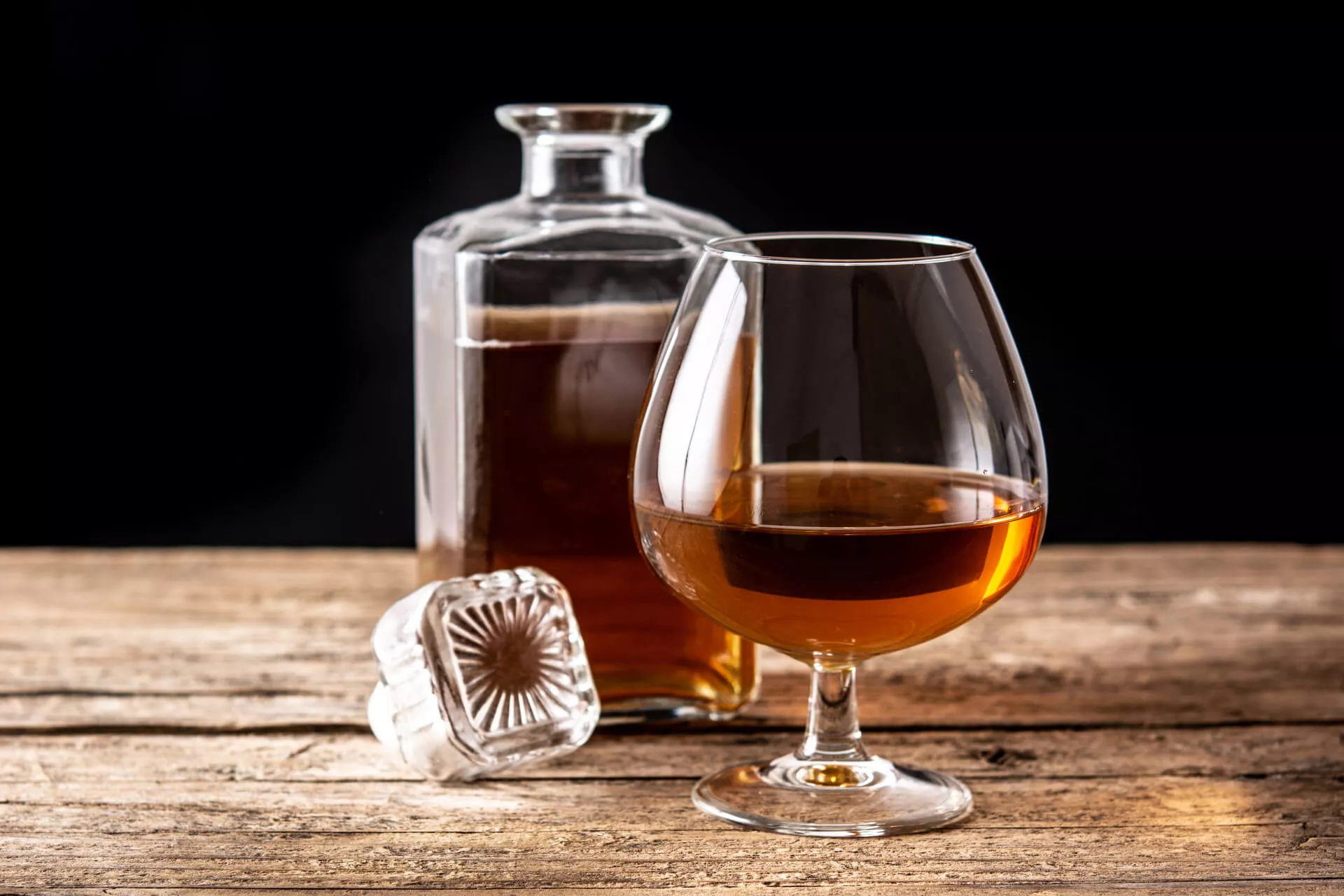Tasting is the best way to experience a whiskey’s flavor, but a whiskey label also offers valuable insights. From where it’s produced to the barrel used in aging, the label can help guide your next whiskey choice. Whiskey styles vary by ingredients and aging techniques: bourbon features bold, sweet flavors, rye is spicy, single malts are rich, and blends offer lighter notes. Barrel types also play a key role—American oak brings vanilla, while wine and rum casks add fruity depth. Consider the whiskey’s origin, as Kentucky’s hot summers impact bourbon differently than Scotland’s cooler climates influence Scotch. Age, too, enhances complexity, with older whiskeys offering deeper flavors, though very old bottles may become overly oaky. Ignore vague terms like “Small Batch”—these lack legal standards. For an easy shopping experience, Distiller Pro members can scan labels with the app to find details and flavor notes from fellow enthusiasts.
What Really Matters
For whiskey drinkers, some bottles hold a special place, whether for their flavor or the memories they evoke. But what truly makes a whiskey stand out? While factors like grain choice, distillation process, and barrel aging are key, the whiskey’s region, storage conditions, and even additives play crucial roles.
So, if your favorite bottle isn’t available, how can you spot a quality whiskey? According to Nate Ganapathi, a whiskey expert and founder of Bevridge, great whiskey doesn’t have to come with a high price tag. “You can find an excellent bottle under $45 today,” he notes, recommending starting with producers you know and trust. Familiar brands can guide you, especially when shopping online or in stores with varied selections.
For bourbons, keep in mind that regulations prohibit any flavor or color additives, guaranteeing a more natural profile. Other whiskies, like Scotch or Japanese varieties, may include E150A caramel coloring—whether that matters depends on personal preference, but added colors or flavors often indicate an attempt to appeal to broader tastes rather than preserving authenticity.
Whiskey lovers buy it for various reasons, from gifting to enjoying a personal stash for special occasions. With so many options out there, it can be tough to know what to choose. Here’s a straightforward guide to help you pick the right whiskey for any situation.
Key Types of Whiskey
Understanding the main whiskey types can make choosing easier:
- Scotch: Distilled in Scotland, known for its smoky flavor and peat.
- Bourbon: American whiskey with at least 50% corn, offering sweet, caramel notes.
- Rye: Spicy, robust flavors; Canadian rye and American rye both use at least 50% rye grain.
Essential Tips for Choosing Whiskey
- Visit a Local Distillery for Tasting: If possible, try different whiskeys to find what you enjoy. Take note of:
- Sweet, spicy, or fruity notes.
- Smoothness vs. harshness.
- How well it matches your taste.
- Pick a Whiskey for the Occasion: Think about what suits the setting:
- Bourbon: Sweet and smooth, good for beginners.
- Speyside Scotch: From northeastern Scotland, smooth yet refined, perfect if you want something fancy.
- Irish Whiskey: Light, easy-drinking choice for parties.
- Try Canadian Whiskey for Variety: Known for its smooth, versatile flavors, Canadian whiskey works well on its own or in cocktails.
- Consider Age and Price: Older whiskeys are pricier, but not always better. Younger bourbons are affordable and flavorful; 15-year or older options cost more but offer deeper complexity.
Finding your ideal whiskey means knowing your taste and the occasion. With these basics, you’ll find a bottle you’ll enjoy.
Investment Whiskey
Whiskey is emerging as a strong alternative investment, akin to gold or real estate, due to its resilience in uncertain economic times. Whiskey’s market has shown steady growth, valued at over $60 billion in 2020 with a projected 5.9% annual increase through 2027. Investment in rare bottles is particularly lucrative, with some, like Macallan 1926, reaching auction prices above $1 million. Platforms like Vinovest simplify the process, allowing investors to purchase whiskey casks, bottles, or stocks with professional support and storage, making whiskey accessible to a broader range of investors.
Collectable Bottles
To get started, investors can buy collectible bottles, invest in whiskey casks, or purchase whiskey-related stocks and funds. Bottles of well-regarded brands and aged casks typically appreciate in value, with rare finds offering high returns. Casks, bought directly from distilleries, continue to improve with age and can yield substantial profits upon bottling or resale. For those preferring traditional investments, companies like Diageo and Brown-Forman offer whiskey stocks, and whiskey funds like the Single Malt Fund provide additional options, pooling capital to acquire and trade valuable bottles.
Long Term Commitment
Before diving in, prospective investors should consider factors like budget, long-term commitment, and familiarity with major brands. Starting with reputable sellers is essential to ensure authenticity, particularly with bottles from high-performing names like Macallan and Yamazaki. The whiskey market offers diversity, allowing enthusiasts and serious investors alike to explore whiskey’s potential for long-term growth and portfolio diversification.
Investing in whiskey offers an exciting alternative for those seeking stable, long-term growth, much like other luxury assets. Whiskey’s value continues to rise due to global demand, with rare bottles and casks appreciating significantly in value. Key factors in selecting investment-grade whiskey include checking age, origin, label details, and distillery reputation. While older whiskies often develop richer flavors and command higher prices, the investment also depends on proper storage and market trends. For investors, options range from purchasing collectible bottles to investing in entire whiskey casks, with options for accessible online platforms that handle storage and authentication.
Bottles from well-known brands like Macallan or Bowmore tend to hold their value well, particularly for limited editions and single malts with unique aging processes. Japanese and Irish whiskeys also attract collectors for their distinct profiles, and investment-grade whiskeys are often sold at auctions, where prices for rare bottles can reach into the millions. Whiskey casks, while requiring larger initial investments, continue maturing and offer robust potential returns, typically around 12-15% annually. As an alternative, whiskey stocks and funds offer a more traditional approach, enabling investors to gain exposure without directly managing the physical asset.
For new investors, online platforms like Vinovest simplify whiskey investments by providing access to authenticated bottles and casks and managing storage and insurance. Investing in whiskey requires due diligence—selecting trustworthy sellers, understanding market dynamics, and maintaining a long-term outlook to fully benefit from this unique and rewarding asset.

Peugeot has ventured into many industries over the years. French automaker produces small hatchbacks and…

Yinyleon, a popular American adult film actress, model, and social media influencer, remains very much…

All South Africans were given reason to believe that Yes! was the answer as the…
[responsive_video]https://www.youtube.com/watch?v=oFEqfdhooY8[/responsive_video]




